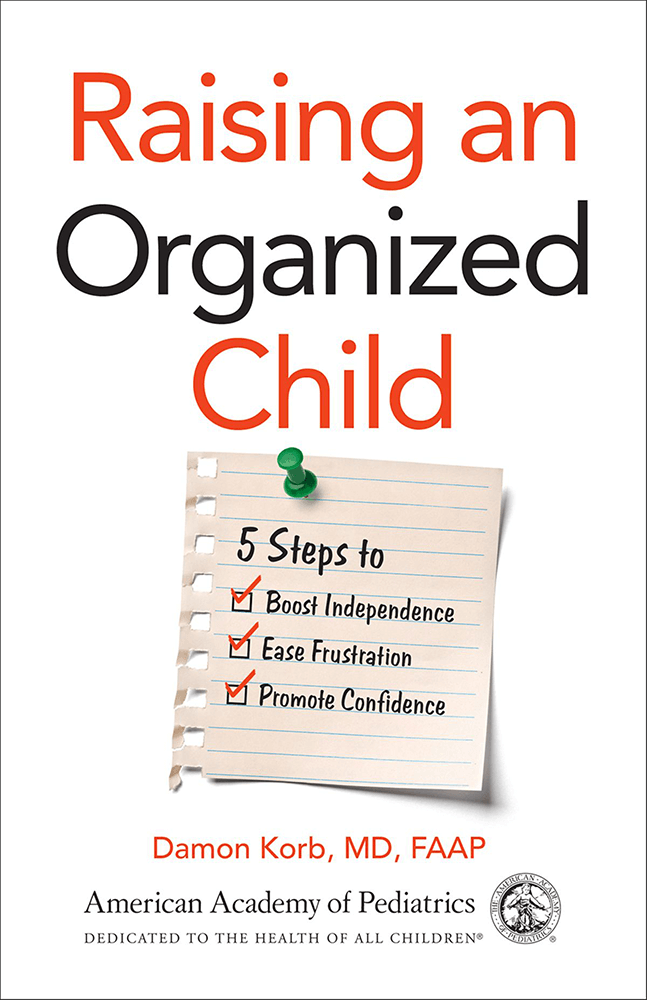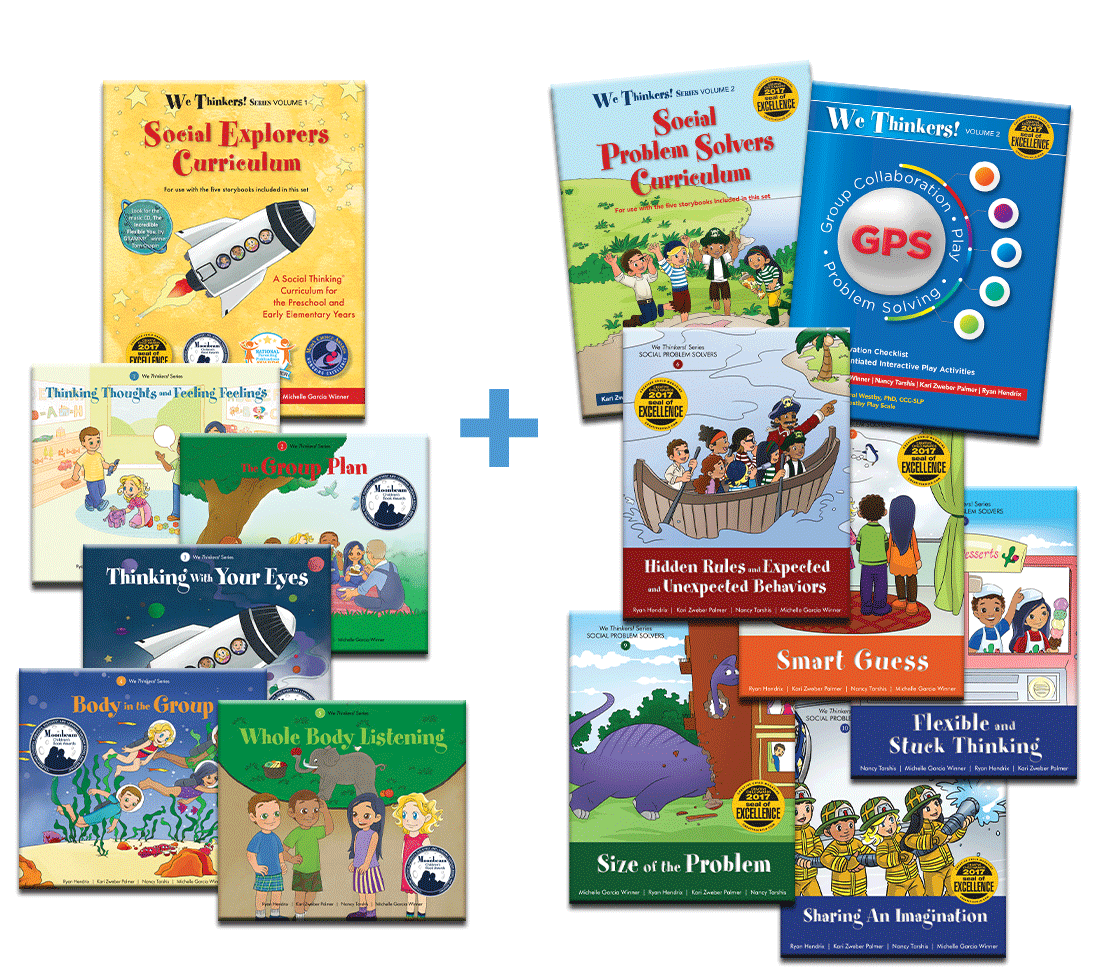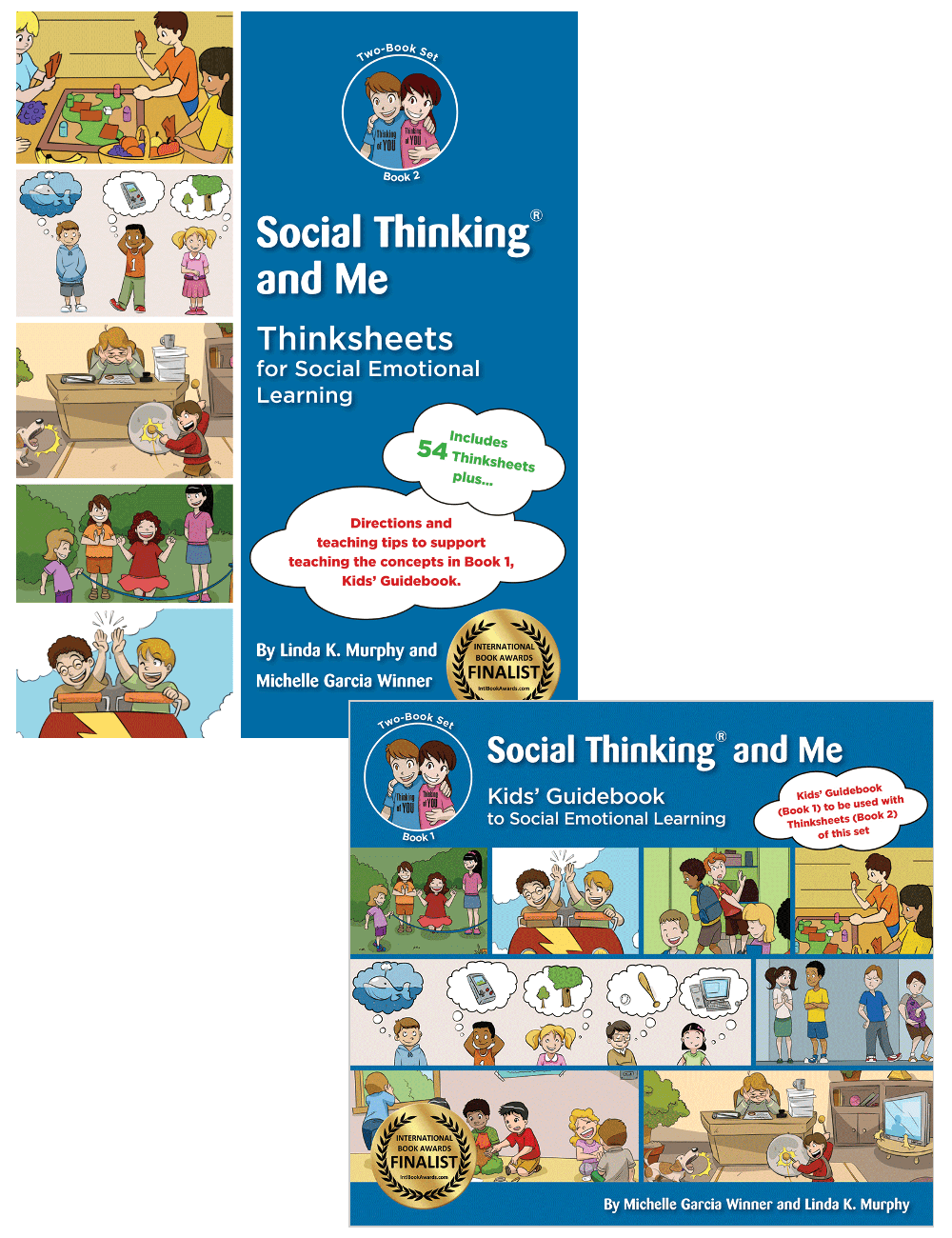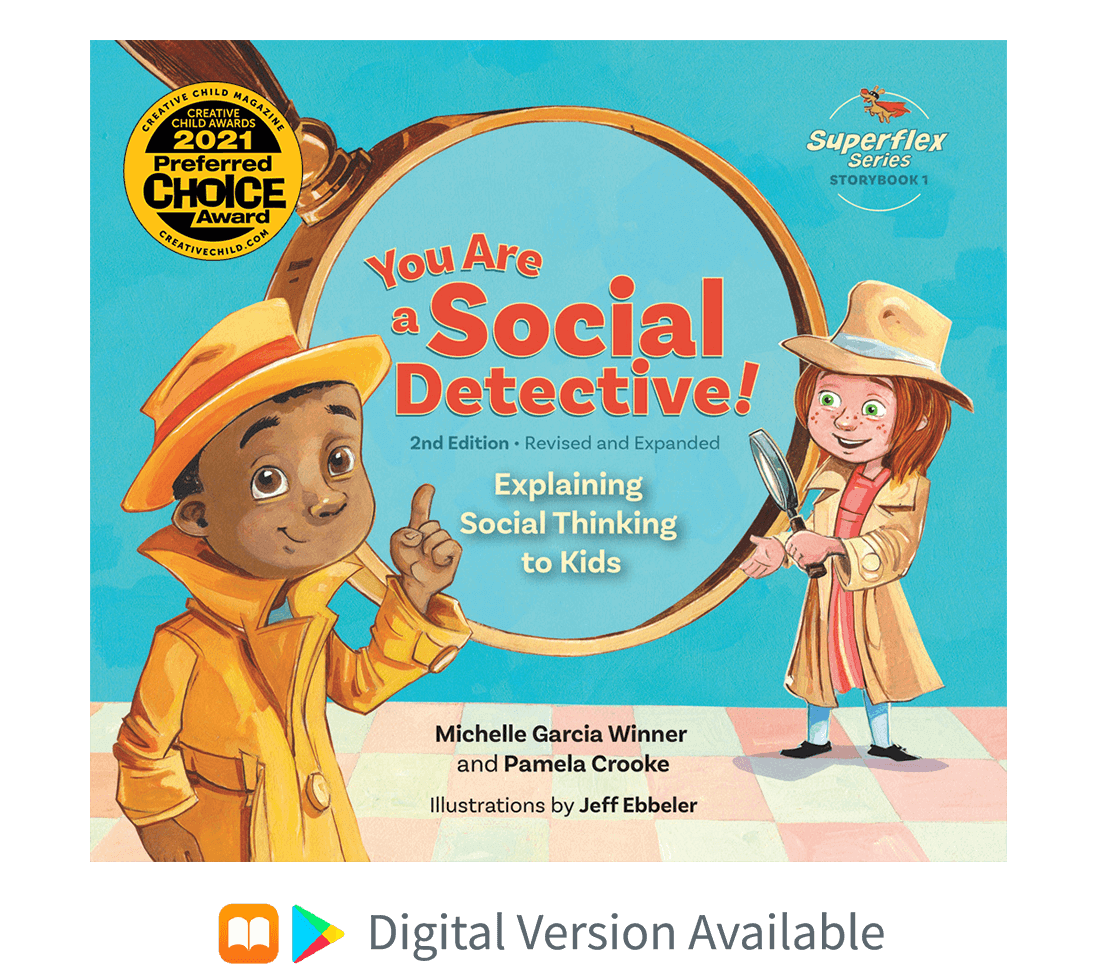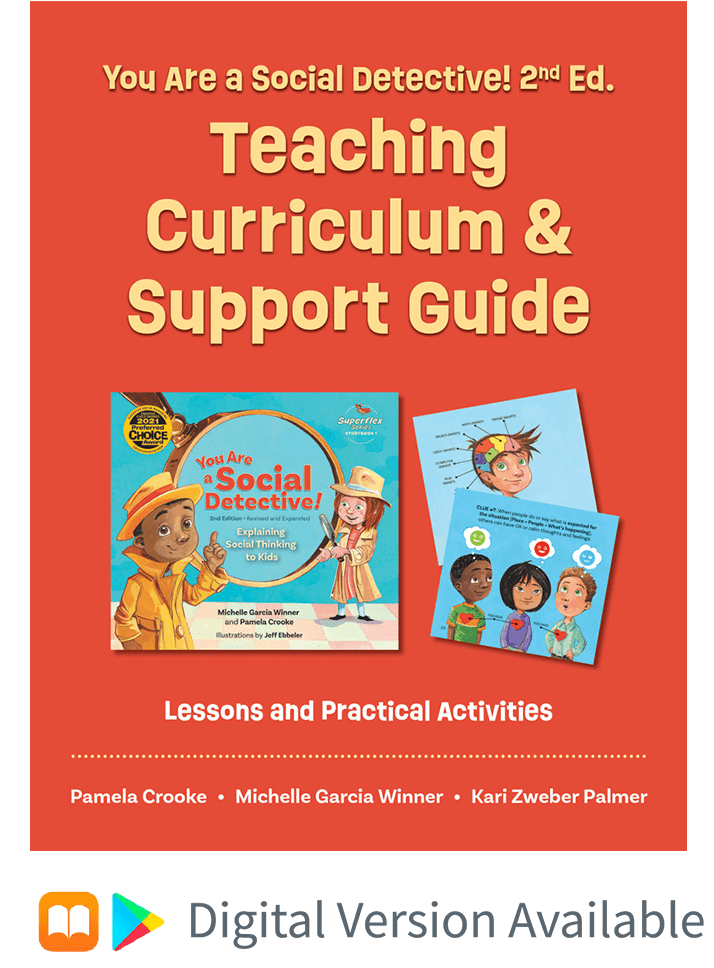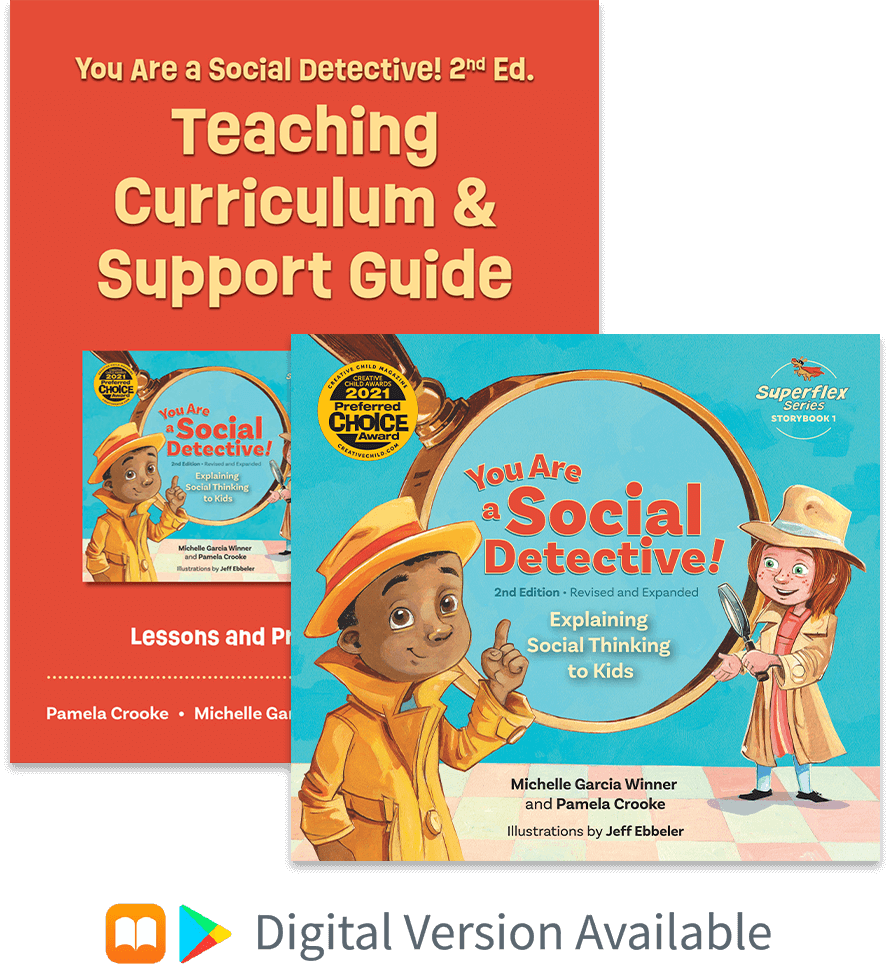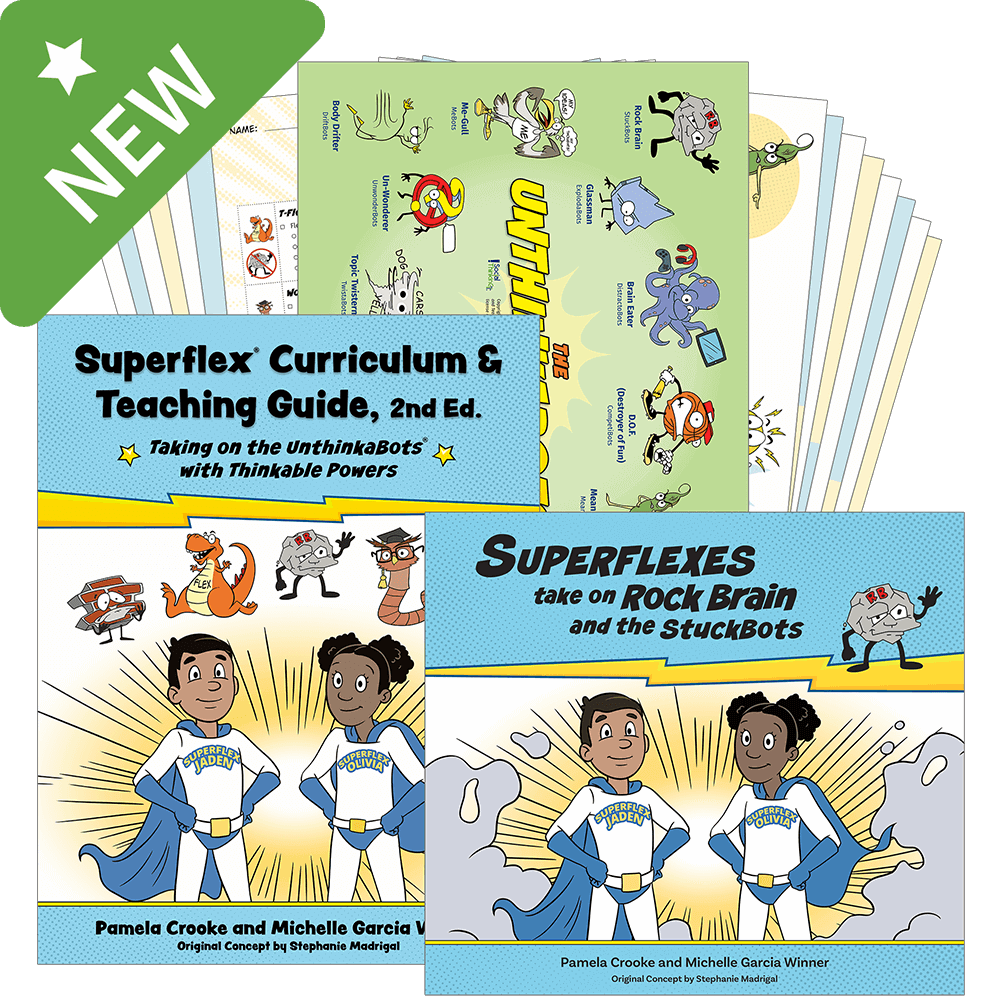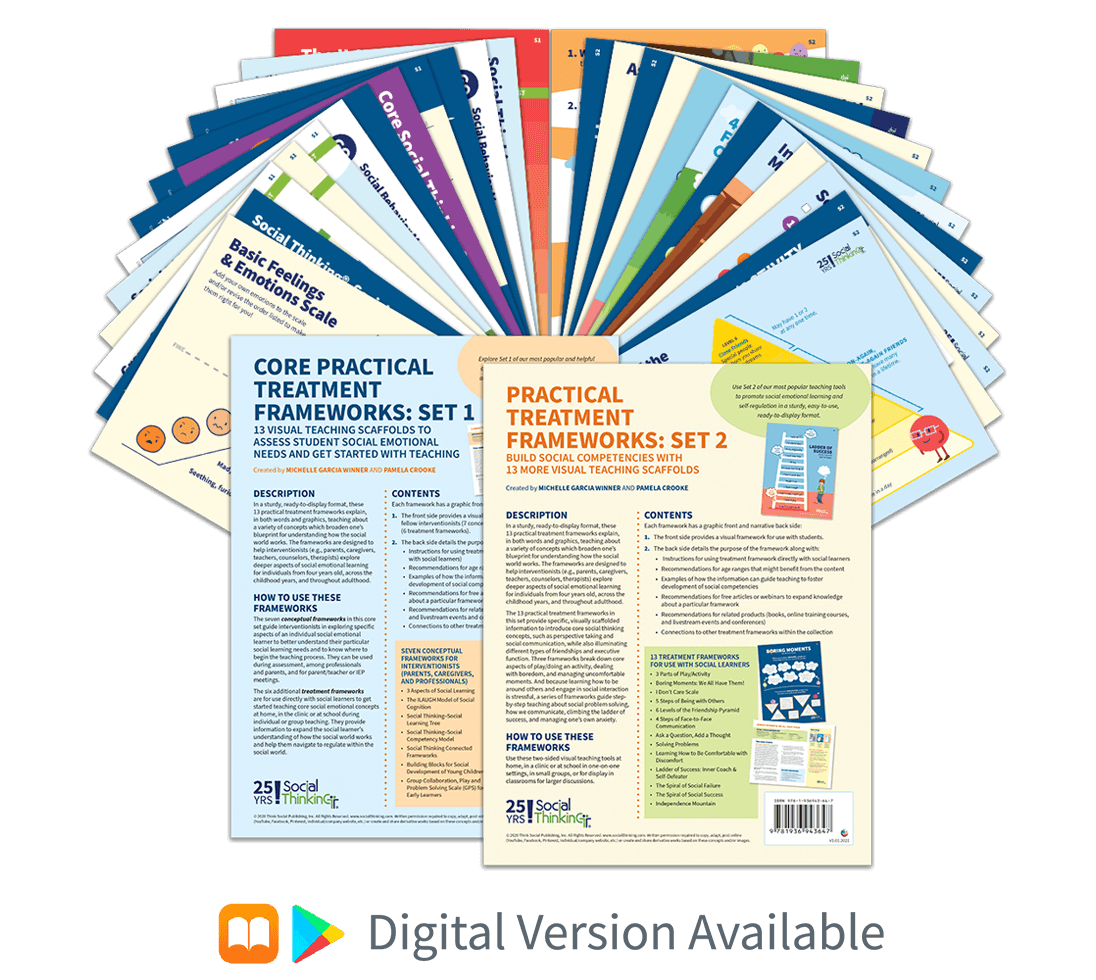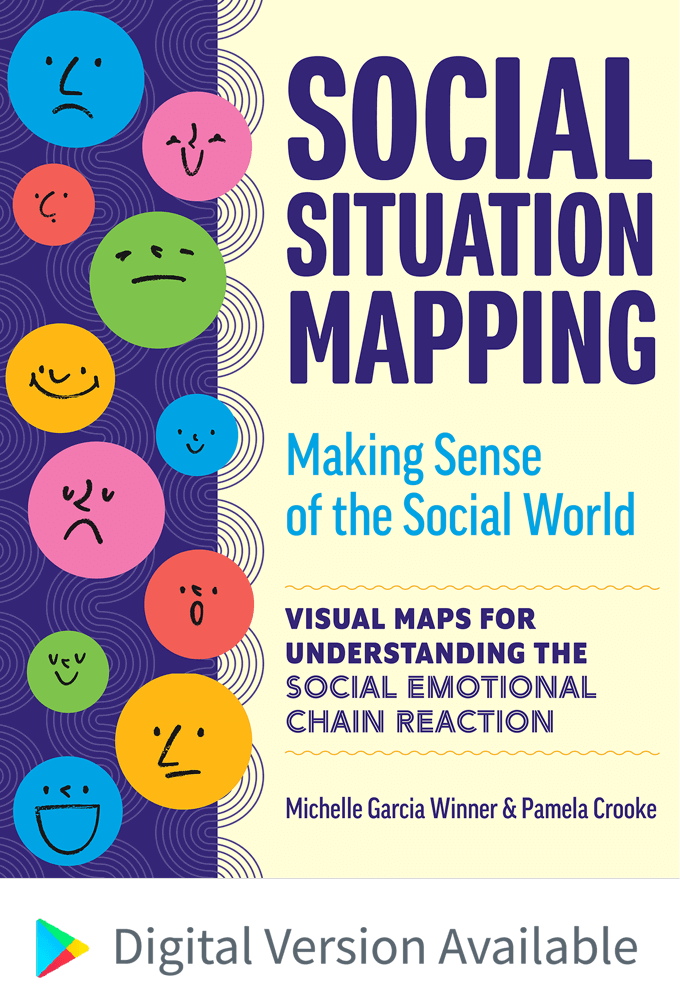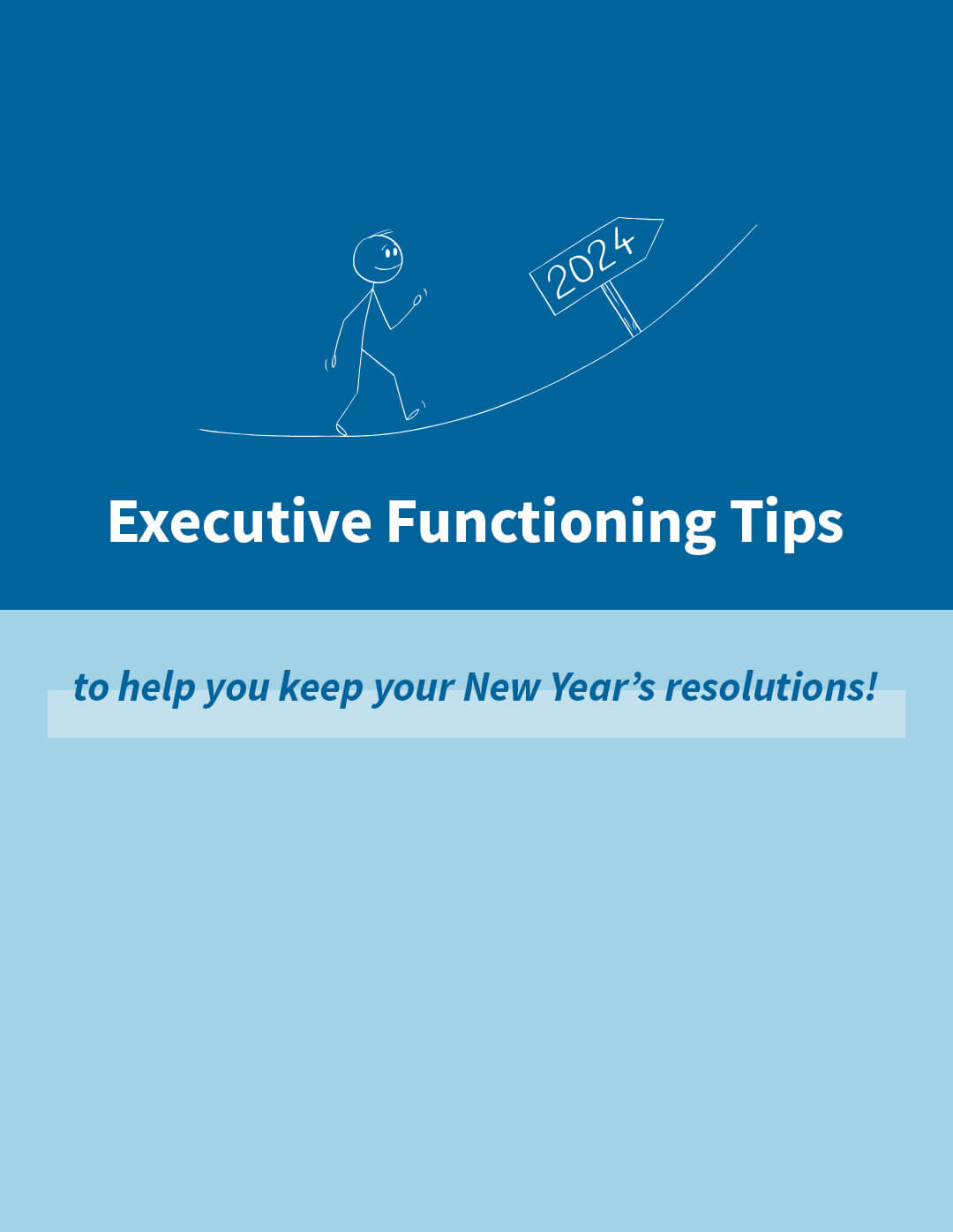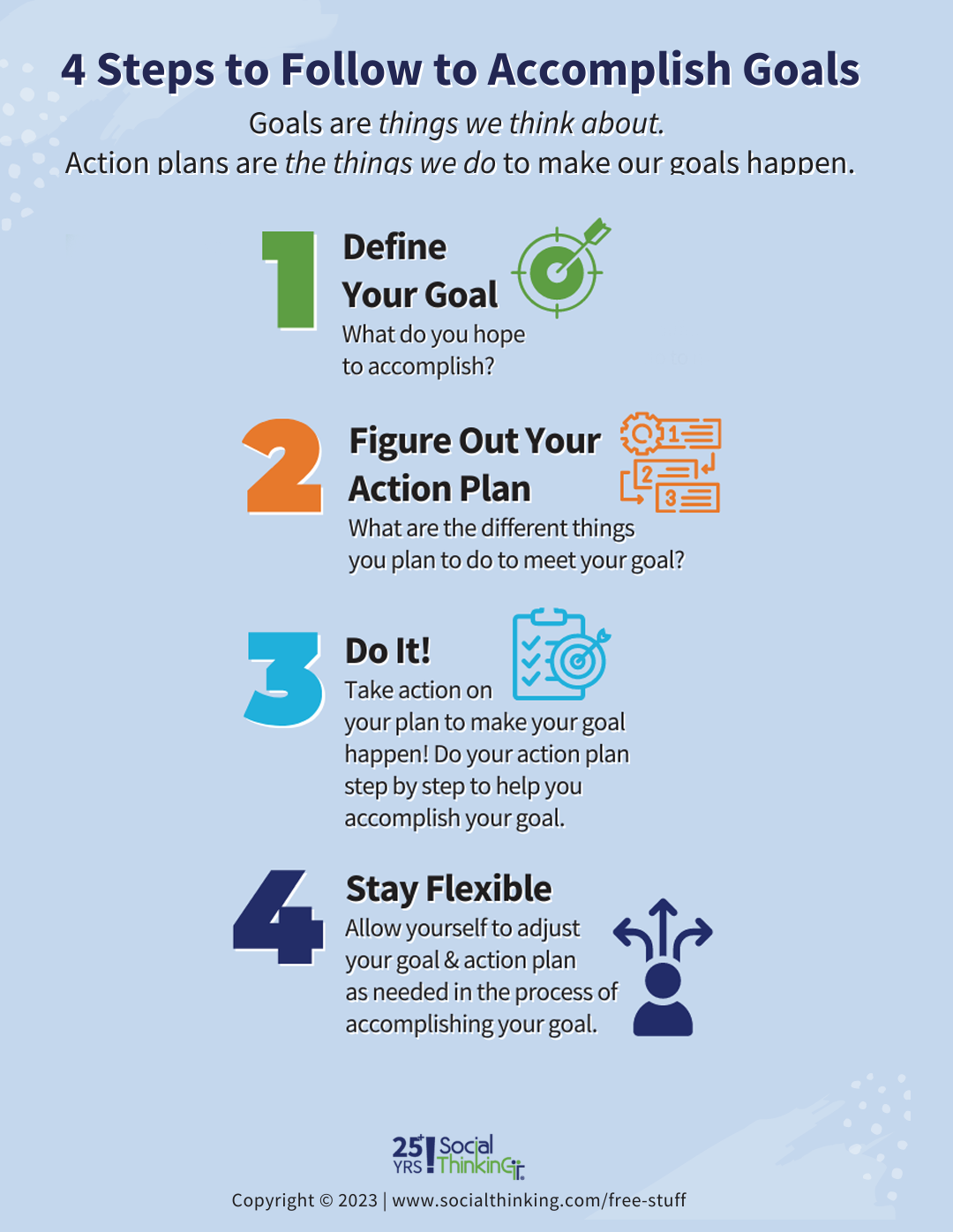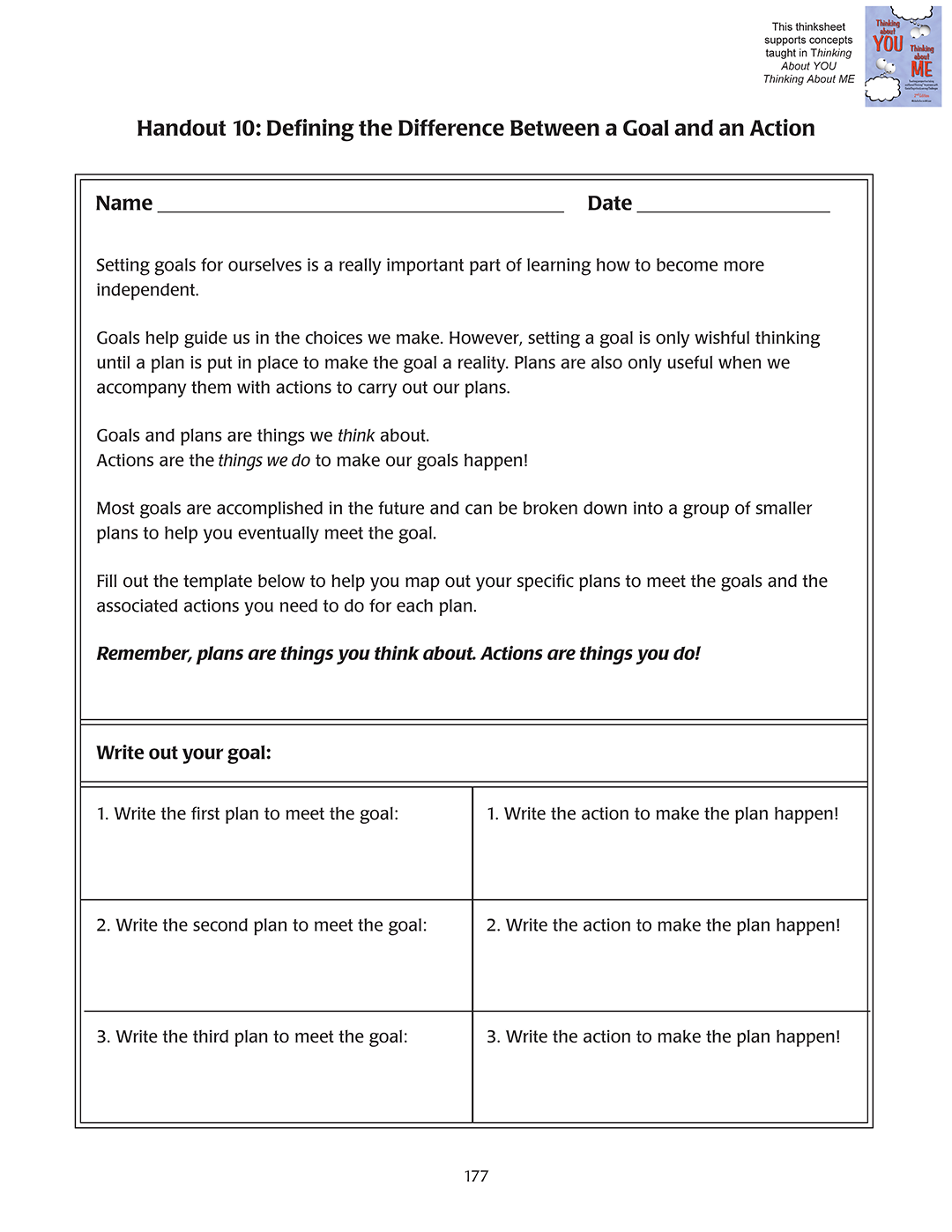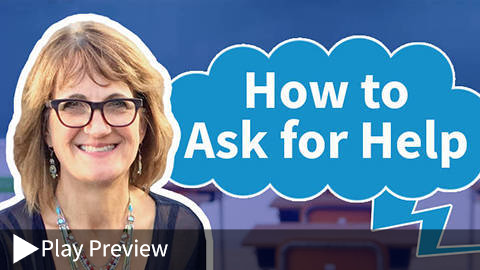Teaching techniques, strategies & activities to bolster organizational skills
Organizational skills help us manage and achieve our life goals of all types. Establishing and maintaining an organized approach to achieving our goals is part of our executive functioning. In fact, any goal-oriented activity, across all aspects of our daily functioning (e.g., learning, playing, and working), requires performing related executive functions.
The process of building organizational skills requires executive functioning, which always begins with a goal in mind—e.g., turn in a homework assignment, make a friend, play a game, cross a street, attend class, go on a date, lead a group, manage a project, etc. To attain that goal, we engage in a set of parallel or sequenced tasks, many of which we’re expected to learn without direct instruction. Executive functions are the tasks we do to accomplish a goal; executive functioning is when the entire process is completed successfully. Many individuals with social learning differences and/or challenges struggle with developing organizational skills; they have limited executive functioning because they need support to identify goals and unpack them to determine and carry out specific sets of tasks (executive functions) to reach those goals.
This is where the Social Thinking® Methodology can help. We focus on teaching this entire organizational process explicitly, which includes but is not limited to goal identification, problem solving, time prediction, time management, flexible thinking, and behavioral and emotional regulation, to help people develop the organized thinking and skills to make progress toward what they want or need to accomplish. We also assist administrators, educators, counselors, parents, and family members in becoming more familiar with how to break down information to support organized thinking and personal success.
With evidence-based & research-informed curricula, resources, visual tools, and step-by-step guidance, the Social Thinking Methodology provides explicit instruction, as well as strategies, to support learners with a range of social learning styles, family members, and professionals. Our practical, metacognitively based information can help individuals ages 4-80+ keep themselves focused on what they seek to accomplish and motivated to persevere in this complex process.
We invite you to explore our most popular EF products, online courses, and free resources.
The Social Thinking Methodology provides evidence-based strategies to help people of all ages develop their social competencies, flexible thinking and social problem solving to improve: conversation & social connection, executive functioning, friendship & relationship development, perspective taking, self-regulation, and Social Thinking Vocabulary.
Access free webinars, thinksheets and visuals to help students improve their executive functioning. Our Thinksheets (worksheets that make you think!), articles, visuals and webinars are tools to break down, think through, and practice specific social concepts and strategies to support the development of executive functioning.
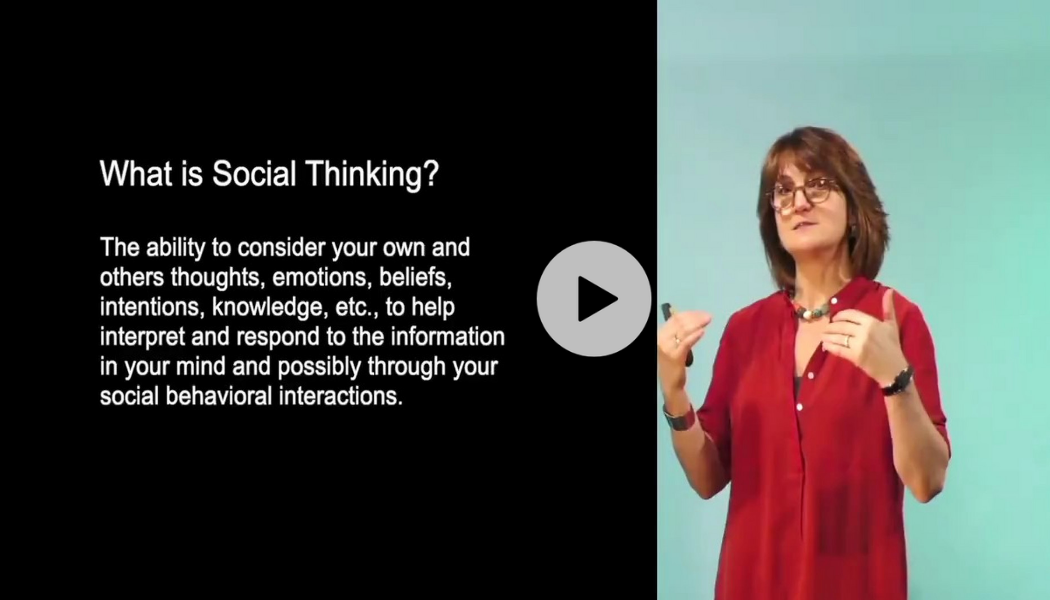
Strategies to Build Social Competencies
The Social Thinking Methodology provides evidence-based strategies to help people ages four through adult develop their social competencies, flexible thinking & social problem solving to meet their own social goals and improve:
- Conversation & social connection
- Executive functioning
- Friendship & relationship development
- Perspective taking
- Self-regulation
- Social Thinking Vocabulary









